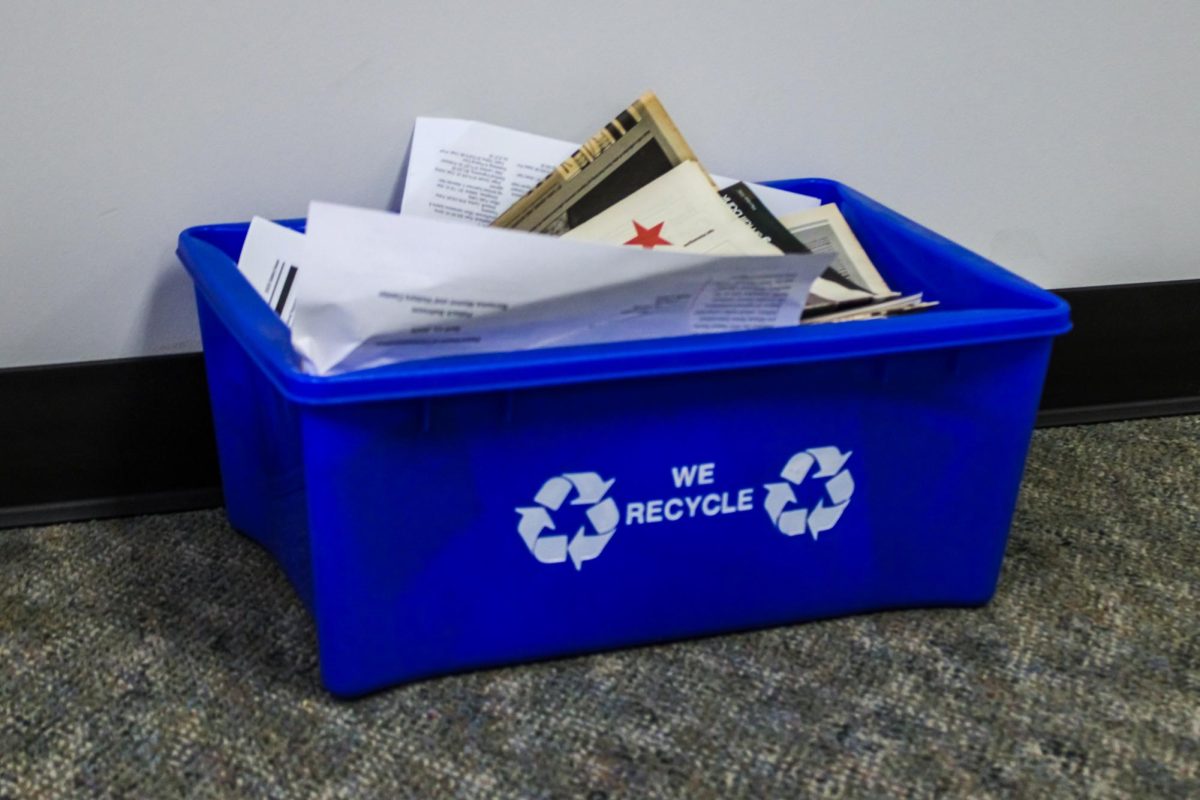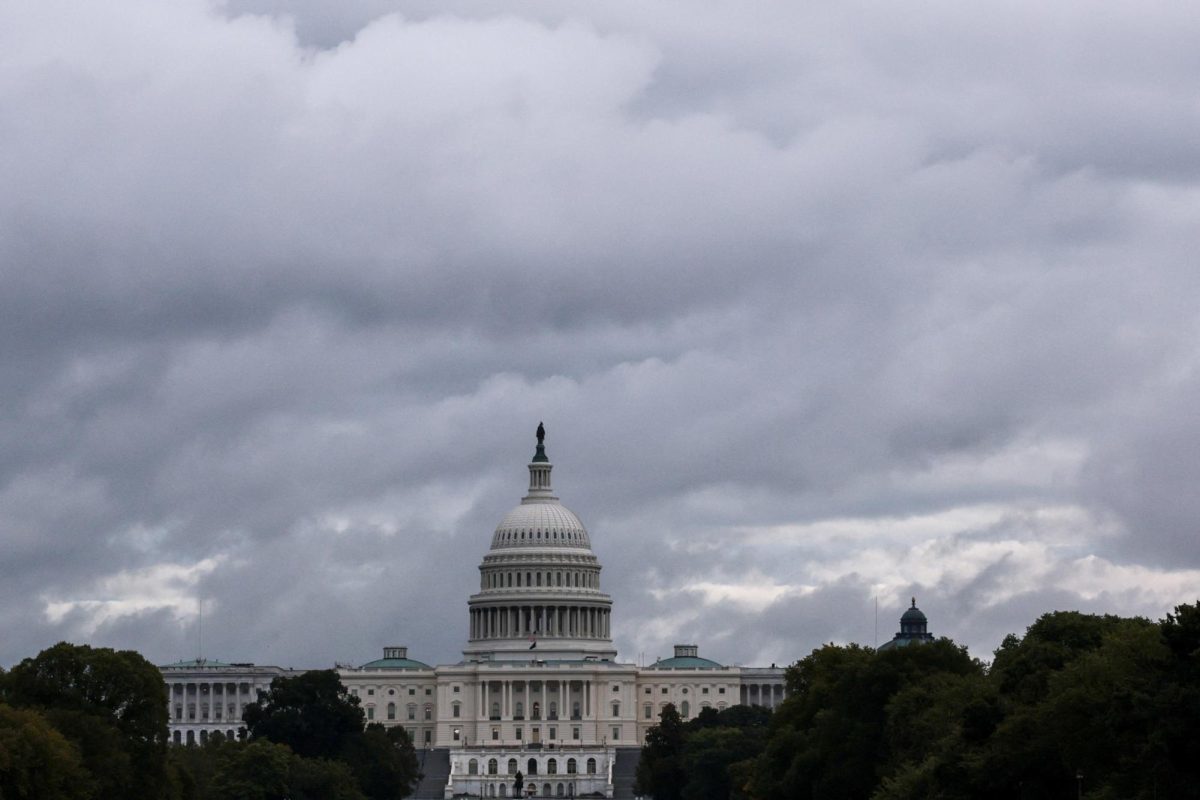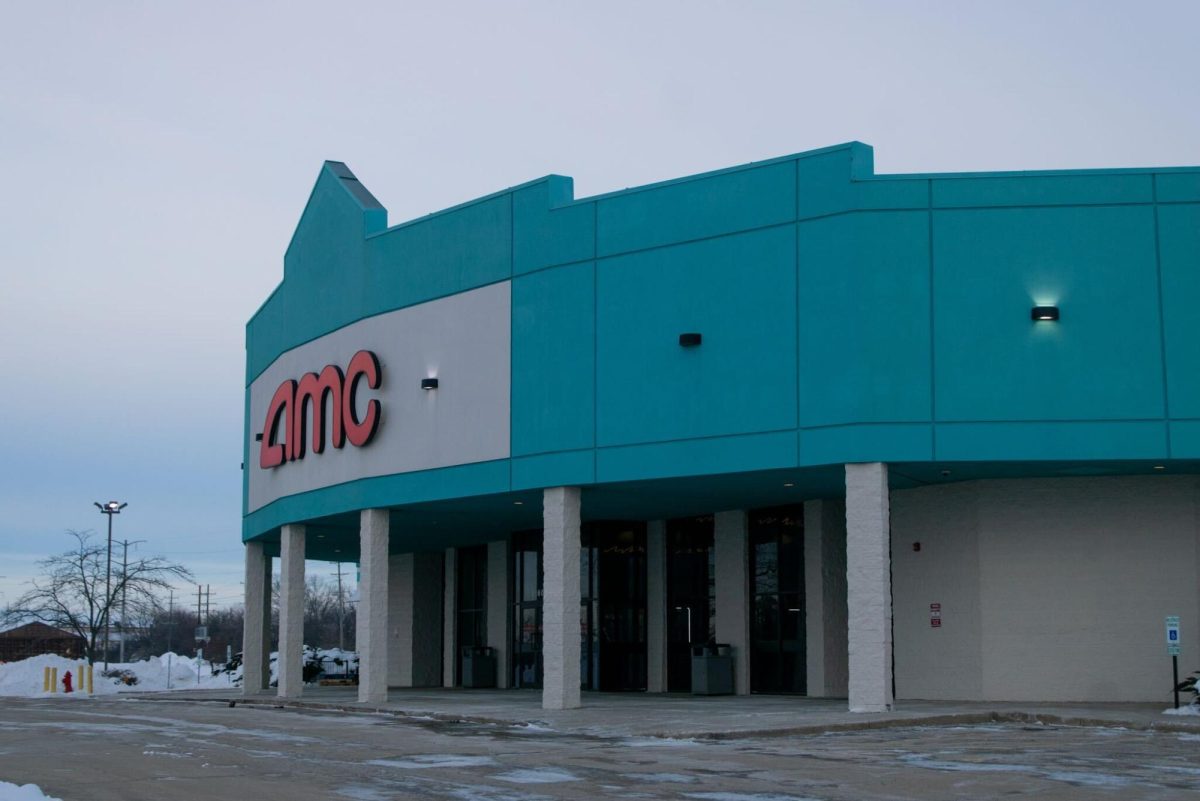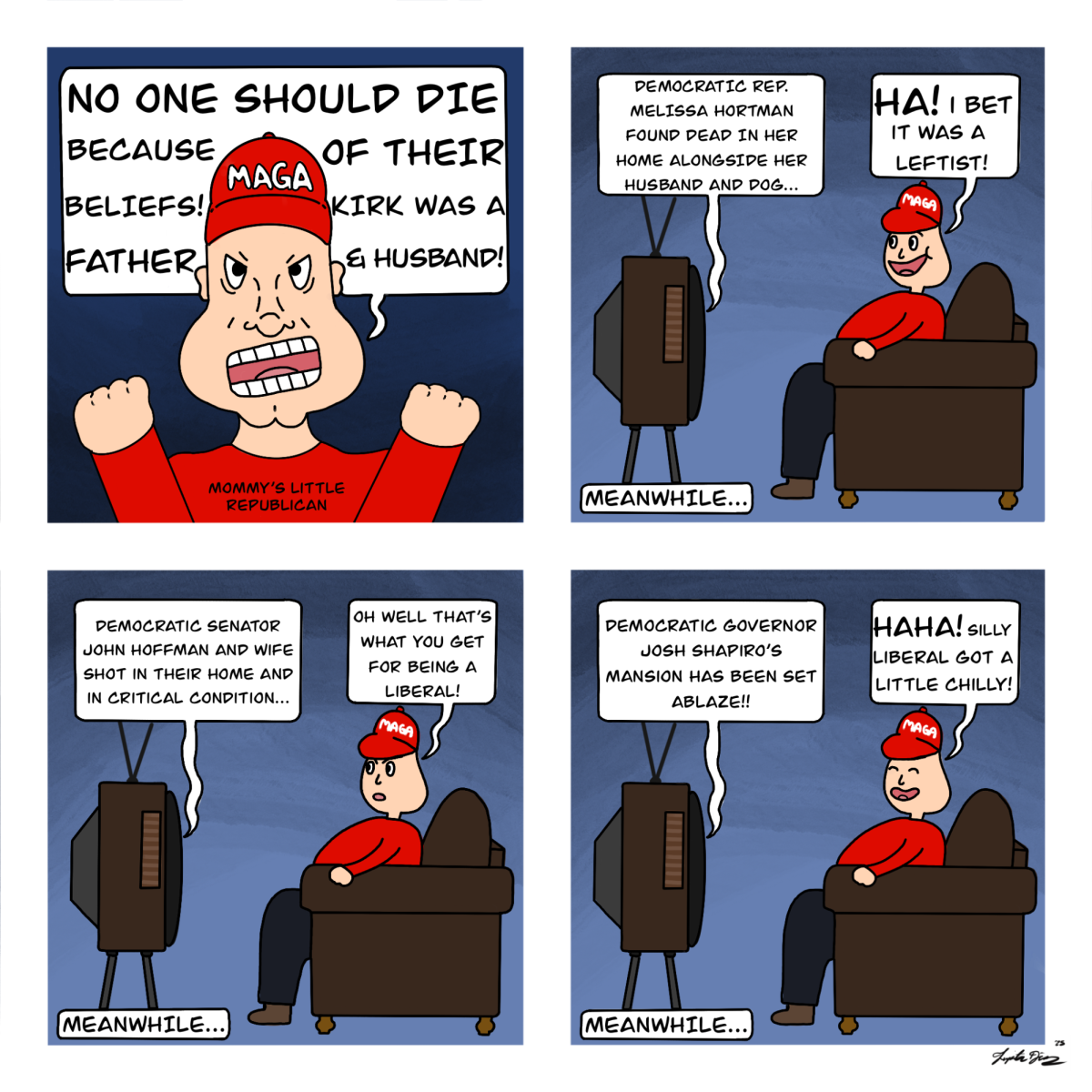An infernal machine rests in America’s heart, growling with power as its operators bark orders at technicians, cuffed and shackled, toiling away at its circuitry. Those that don’t drop dead of exhaustion are bound to be driven insane, unless they’re executed by the operators first.
Their blood feeds the machine – a graveyard of the hundreds of thousands who built it upon their backs.
Welcome to America’s modern prison-industrial complex: a machine brought to life by the cruelty of the operators it employs, and the bloodshed of the technicians it imprisons.
In the schemes of our everyday lives, it’s difficult to imagine what prison might actually look like. Sure, we’ve seen the serializations and pulpy dramas, but a real glimpse into the world behind bars is rarely caught.
This is for two reasons. For one, the general public doesn’t want to hear about what really happens in prisons – many don’t have the stomach for it, preferring to learn through the comfortable degrees of abstraction mediums like film can lend to the matter.
For two, the general goings-on of life in the penitentiary are so blatantly barbaric that the profiteers of the system would rather they not be known of at all, lest their precious dollars be put in jeopardy.
And so it is that roughly 1.2 million prisoners suffer every day, tucked away in discrete corners of the country, while the rest of us pass the days away, some uncaring, most ignorant to their plight.
So, how is it that they suffer? By being forced to feed the infernal machine, the very same thing that keeps them shackled.
Labor camps and prisons have been bedfellows for as long as each institution has existed.
Apparently, to the minds who devised them, it only made sense for inmates to be put to work and made useful to the state. If inmates weren’t working, then prisons wouldn’t be producing, and production is all that matters to the interests of the corporatists who run many of these prisons and the politicians who thrive off of their success.
Thus, penal labor became a staple of the prison-industrial complex.
In many regards, penal labor constitutes a form of modern-day slavery. Currently, over 870,000 of the 1.2 million prisoners in America are forced to work full-time hours in exchange for a handful of dimes – 21 to 30 cents, on average, according to the Democracy Labs.
In certain states, like Texas and Georgia, prisoners aren’t paid at all. Refusal to work can land you a beating from the officers, or much worse, a visit to solitary confinement. If that wasn’t enough already, protections and compensation for workplace accidents are nonexistent.
The blood, sweat and tears of their efforts culminate into products people like you and I consume on a regular basis, without much thought as to where they came from. Coca-Cola, cereal, rice and other common food items are sourced directly from the overworked hands of the incarcerated.
There’s an obvious comparison to be drawn between U.S. penal labor and the infamous sweatshops of China and South America, which are so often balked at by hypocritical politicians complicit in a similar business. Why is one inhumane and the other not?
The answer lies in a uniquely American sensibility: an eye for an eye and a tooth for a tooth.
Some say these are justifiable consequences for the worst of our society, that these prisoners deserve to be punished for what they’ve done to others.
That’s an excuse: an excuse that the state abuses to squeeze its prisoners for every penny their worth, leaving their bodies broken.
America is fascinated with this reciprocal justice, the process of taking those that have done bad and doing further bad unto them. Take, for example, the death penalty, which is still held in favor by most of the populace, according to Pew Research Center. This is in spite of its regular misapplication on innocents, most recently in the case of Marcellus Williams, a man convicted of murder in a trial rife with legal malpractice, racial discrimination and evidence tampering. Despite the many substantiated appeals to his innocence, Williams – a man whose guilt was by no metric proved – was executed Sept. 24.
It seems that for America, justice means blood.
Jason Hanna, chair of the department of philosophy at NIU, believes that punishments like the death penalty are born out of a twisted desire for vengeance.
“For many people who support the death penalty, one of the main drivers is a kind of retributivist view that punishment is designed to give people what they deserve. I personally am skeptical that retributivist views can justify the death penalty. I’m a little skeptical that retributivist views can justify practices of punishment at all.”
Why must it be this way? Why must we rely on our own cruelty to punish the cruelty of others? There are humane solutions out there, methods of rehabilitation proven to be more effective at reform than the blunt end of a baton, and yet they are rarely ever implemented.
According to Hanna, these systems should be scrutinized and evaluated under our modern sense of morality, rather than be left abiding by what was deemed fair in the past.
“We should definitely periodically assess our standards to make sure that they align with our values, or that they align with what is really valuable. I don’t know that it would be a very good argument in favor of any practice just that we’ve done it for a long time.”
The prison-industrial complex profits off of the infernal machine, every underpaid body a dollar saved, each hour toiled a corner cut. As with all things in America, justice has become a for-profit industry, counted on by thousands to write their checks. As long as this continues, as long as the wrong people continue to be paid, the right people never will be.
Until real legislative change is made and involuntary servitude becomes expressly forbidden, we can only use our voices. A startling number of people are blind to the realities of our prisons – it is up to us to open their eyes.
If that job continues to be left in the hands of the corporatists, the politicians, the operators of the infernal machine, America will surely remain in the dark.














